He may have committed the fashion faux pas of going for a run in a formal shirt on Sunday morning, but it’s what Boris Johnson did (and said) immediately afterwards that has left large parts of the food sector seething.
Despite his status as an ex-foreign secretary, the PM is not renowned for his diplomacy. Among a series of verbal missteps throughout his career, his “f**k business” dismissal of pre-Brexit concerns from industry back in 2018 stands out as one of many glaring examples, while more recently, his “never mind” comments about cancer death rates last week were quite rightly condemned for insensitivity.
But after his car-crash interview with the BBC’s Andrew Marr on Sunday, in which he dismissed the concerns of the crisis-hit pig sector, has the PM now gone too far? The National Pig Association’s CEO Zoe Davies and NFU president Minette Batters, among many others, certainly think so.
Johnson’s latest gaffe was to try and skirt Marr’s question on the potential damage of a cull of more than 100,000 healthy pigs backlogged on farms by casually responding: “I hate to break it to you, but I am afraid our food processing industry does involve the killing of a lot of animals. I think your viewers need to understand that.”
Given the gravity of what is becoming an increasingly critical situation for the pig sector, not to mention how emotionally devastating such a cull of animals would be to farmers, the PM’s flippant comments were met with an understandable barrage of anger.
British pork sector needs supermarket support to clear pig backlog says NPA
In one of the most emphatic recent criticisms of a sitting prime minister by a food industry leader, Davies tweeted that Johnson’s comments were “absolutely disgusting”.
“I’ve never seen such wilful disregard and disrespect in my life. You should be ashamed @BorisJohnson. This is your mess. Time to fix it,” she added.
Batters was equally irked in an interview with Radio 4’s Today programme yesterday morning, as she explained how the many protestors outside the Tory Party conference in Manchester were “angry and distraught and extremely upset” by the PM’s comments.
She added she was “desperate to get the facts of this story to the prime minister” in order to “solve this issue”, as she described the backlog of pigs as a “welfare disaster”. And many more, including the FDF’s CEO Ian Wright, the British Meat Processors Association’s CEO Nick Allen and the National Sheep Association expressed similar feelings of dismay.
Johnson’s apparent disregard for the sector’s concerns may be reflective of the need to take a hard line on a key Brexit principle to reduce immigration ahead of his keynote conference speech on Wednesday.
But as many people have pointed out in recent weeks, it also demonstrates a pivot in his government’s messaging from saying the current disruption faced by the food and fuel supply chains had nothing to do with Brexit, to the fact it is a a necessary part of the post-Brexit transition which we all need to get used to.
Ultimately, this would help the UK move away from the “tired, failed old model called uncontrolled immigration”, Johnson said to Marr on Sunday, and towards what the government describes as a high-wage, high-productivity society.
Poultry sector warns it may be ‘too late’ to avoid Christmas shortages, despite visa scheme
The irony is the food sector has been united in its agreement with this position – it just needs more time to adapt, hence its calls for a fixed-term Covid recovery visa to tackle the labour crisis. And if the government pushes too hard on this issue, it could also drive significant inflation into the economy.
All Johnson’s comments and recent government inertia on the crisis have done is create a further feeling of enmity between it and the food industry – at a time when they need to be working together. Even some Tory MPs started voicing concerns about the policy yesterday, in the face of a barrage of protest from constituents.
If the government doesn’t change its tune soon, any post-Brexit dream to increase the UK’s self-sufficiency looks a distant prospect. That’s something more than 54,000 people called for in an open letter (organised by the NFU) which was sent to Defra secretary George Eustice only last week.
And if it then leads to a continuation in the disruption of food supplies, the government could end up alienating much more than the food industry, which would ultimately bite at the ballot box.







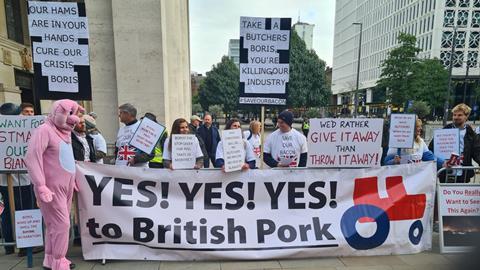
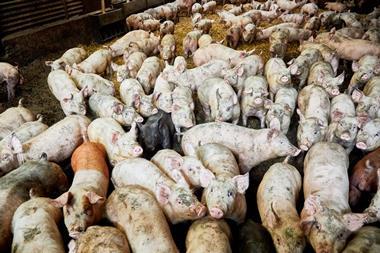
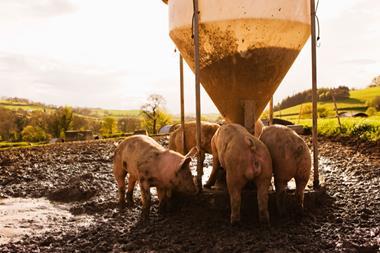
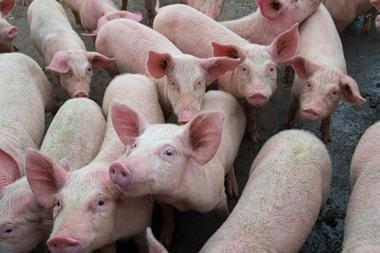
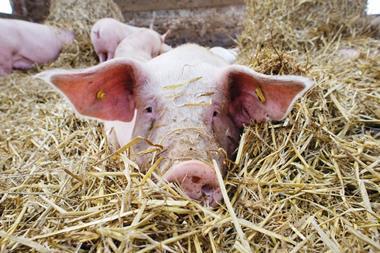
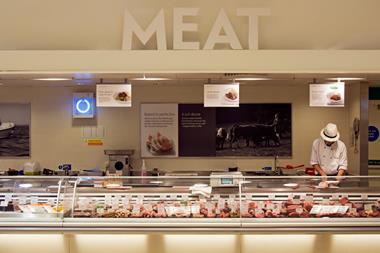
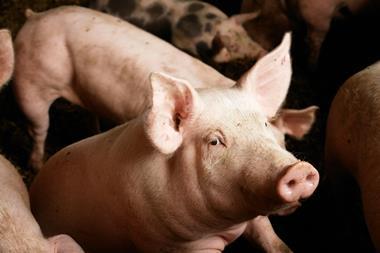






No comments yet